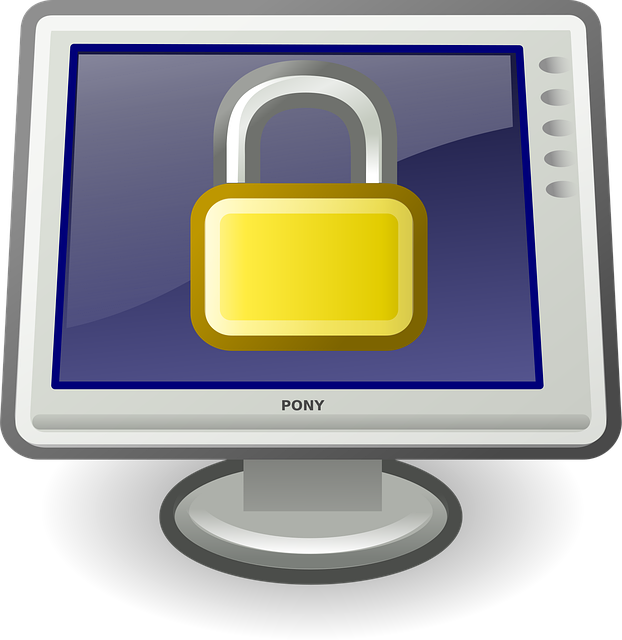Data breaches threaten sensitive information, prompting demand for secure encrypted storage. Cloud-based access control encrypts data at rest and in transit, allowing authorized users through strict authentication. This method leverages role-based permissions and multi-factor authentication (MFA) to simplify management while ensuring robust security. Integrating MFA significantly reduces data breach risks, making cloud-based access control a vital defense against cyber threats. Organizations should also adopt strong encryption, regular audits, employee training, backups, and secure archival for comprehensive data protection.
In today’s digital landscape, securing data is paramount to prevent unauthorized access and breaches. Understanding the need for encrypted storage goes beyond compliance; it safeguards sensitive information from malicious actors. This article explores robust solutions like cloud-based access control, a game-changer in data security management. We’ll delve into implementing multi-factor authentication and best practices to fortify your digital defenses. By adopting these strategies, you can ensure data integrity and privacy.
Understanding the Need for Encrypted Storage
In today’s digital era, data breaches are an increasingly common and serious threat. Sensitive information, such as personal details, financial records, and intellectual property, is constantly at risk from malicious actors seeking to exploit vulnerabilities in storage systems. This heightened risk has led to a growing demand for secure encrypted data storage solutions.
Traditional storage methods often leave data exposed, making them vulnerable to unauthorized access. Cloud-based access control offers a robust solution by encrypting data both at rest and in transit, ensuring only authorized users can access it through validated authentication processes. This advanced security measure is essential for protecting against breaches, maintaining privacy, and preserving the integrity of critical information.
Cloud-Based Access Control: A Secure Solution
Cloud-based access control offers a robust and secure solution for encrypted data storage, minimizing the risk of breaches. This modern approach leverages advanced technologies to ensure that only authorized users can access sensitive information. By implementing role-based permissions and multi-factor authentication, organizations can maintain strict control over who can view or modify data.
This method eliminates the need for on-premises hardware, reducing costs and simplifying management. Cloud providers’ robust security measures, including encryption at rest and in transit, further enhance data protection. As a result, businesses can trust that their encrypted data is safe, even if physical storage devices are compromised.
Implementing Multi-Factor Authentication
Implementing Multi-Factor Authentication (MFA) is a pivotal step in enhancing data security for encrypted storage systems, especially those based in the cloud. By requiring more than just a password to access information, MFA adds an extra layer of protection against unauthorized entry. This method ensures that even if a hacker obtains a user’s credentials, they still can’t gain access without the second factor—like a unique code sent to a mobile device or biometric verification.
Cloud-based access control systems benefit immensely from MFA because they often handle sensitive data and require strict security measures. It transforms simple login processes into robust safeguards, making it significantly harder for cybercriminals to exploit vulnerabilities. With MFA in place, organizations can confidently safeguard their encrypted data storage, minimizing the risk of breaches and potential data loss.
Best Practices for Data Security Management
To ensure robust data security, organizations should adopt best practices such as implementing strong encryption methods for all stored data, regularly auditing and updating access controls, and providing comprehensive training to employees on cybersecurity best practices. Cloud-based access control systems offer significant advantages by enabling remote management, granular permission settings, and real-time monitoring, enhancing overall security posture. Additionally, integrating multi-factor authentication (MFA) as an extra layer of defense protects against unauthorized access attempts, significantly reducing the risk of data breaches. Regular backups and secure data archival are also crucial for disaster recovery and long-term data protection.
In light of increasing data breaches, securing encrypted data storage is no longer an option but a necessity. By implementing robust practices such as cloud-based access control, multi-factor authentication, and adhering to best data security management practices, organizations can safeguard sensitive information from unauthorized access. Cloud-based access control, in particular, offers a scalable and flexible solution for managing user permissions, ensuring only authorized personnel can access critical data. Staying proactive with these measures is key to maintaining a secure digital environment.
